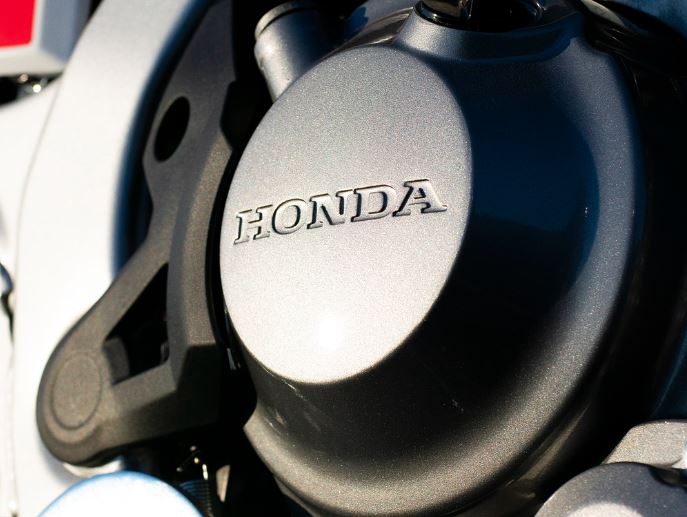Honda is betting on the potential of hydrogen fuel cell technology, envisioning a crucial role for fuel cell electric vehicles (FCEVs) once the ‘battery EV era’ takes center stage.
Despite the increasing focus on battery electric vehicles, Honda, along with Toyota and Hyundai, remains steadfast in its commitment to hydrogen-powered cars, citing their unique advantages and potential contributions to a cleaner automotive landscape.
Honda’s journey into hydrogen-powered vehicles dates back to 2008, with the global launch of the FCX Clarity. The brand continued its commitment, unveiling a second-generation model that ran from 2017 to 2022. Recent endeavors include the introduction of a fuel cell version of the current CR-V in collaboration with General Motors, signaling Honda’s intent to integrate FCEVs into its global lineup.
Honda has set an ambitious target – by 2040, 100% of its car sales will comprise either battery-electric or hydrogen fuel cell vehicles. While the exact split remains unspecified, this commitment underscores Honda’s belief in the long-term viability of fuel cell technology. Notably, there are no plans to introduce hydrogen versions of cars in the new 0 Series family of electric cars.
Inoue reflects on the slow sales of the original Clarity model, emphasizing that it was an experimental model during a time when the infrastructure was inadequate, and costs were high. He believes this should not be seen as a deterrent, asserting that with advancements in infrastructure and reduced costs, the commercial viability of FCEVs will grow, especially in the commercial vehicle sector.
To facilitate the wider adoption of FCEVs, Honda is initially focusing on commercial vehicles and industrial sectors. In collaboration with Isuzu, Honda is developing the Giga Fuel Cell, a hydrogen-powered lorry, with plans for a market launch in 2027. This strategic approach aligns with the belief that the fuel cell business will originate from commercial vehicles before making its way into passenger vehicles.
Honda’s partnership with Isuzu extends beyond vehicles, encompassing a joint effort to develop power stations running on fuel cells recovered from vehicles. This initiative aims to reduce the economic burden on customers installing and operating stationary fuel cell systems, contributing to the overall decarbonization of electric power.
Honda CEO Toshihiro Mibe sees hydrogen’s potential beyond passenger cars, stating, “We think fuel cell technology can be applied to heavier vehicles instead of just passenger cars.” Emphasizing the replacement of diesel in larger vehicles with fuel cells, Honda envisions a broader application of hydrogen in non-mobility sectors.
Reflecting a broader trend in the industry, Toyota has shifted its fuel cell focus to commercial vehicles and industrial applications, citing challenges with the fuelling network for consumer adoption. Hyundai, on the other hand, is determined to “popularize hydrogen” by 2040, aiming for price parity between FCEVs and BEVs by the end of the decade.
As Honda charts its course into the hydrogen-powered future, it stands at the forefront of a transformative era, where sustainability and innovation converge to shape the automotive landscape.
